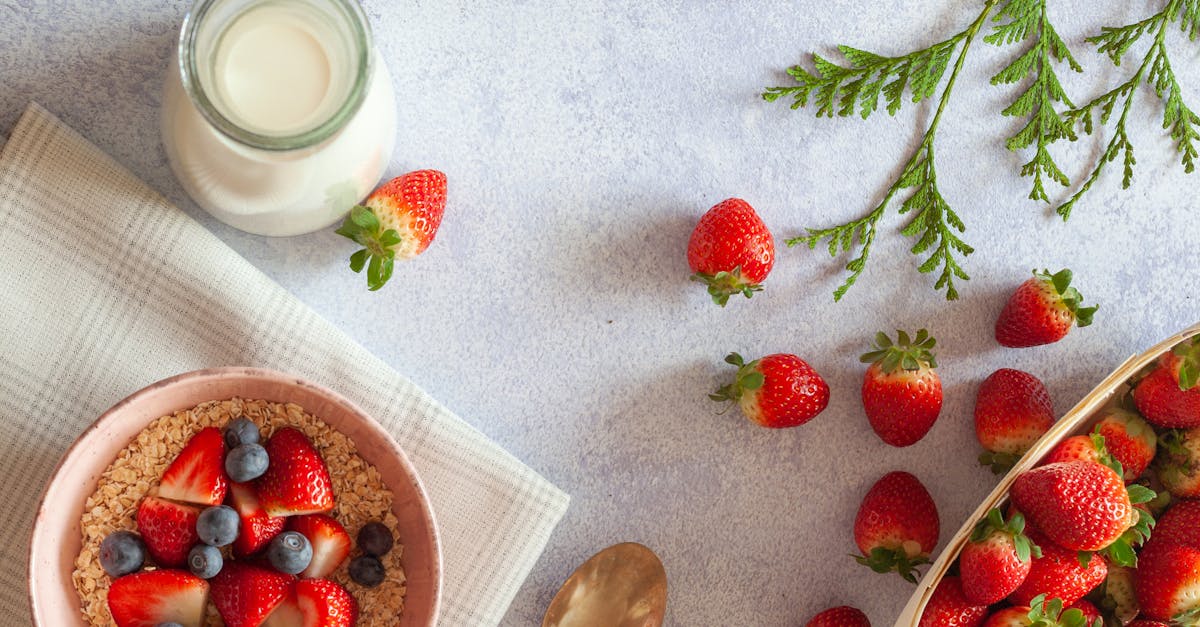The King Shepherd is a majestic, intelligent, and loyal companion, but owning one comes with unique responsibilities. Whether you're considering adopting this incredible breed or already have one in your family, understanding their characteristics and care needs is essential for keeping them happy and healthy. Let’s dive into everything you need to know about King Shepherds so you can give your furry friend the best life possible.
🐾 Breed Snapshot
The King Shepherd is a large, powerful dog bred to combine the best traits of German Shepherds and other breeds like Alaskan Malamutes and Great Pyrenees. They are known for their impressive size, intelligence, and devotion to their families.
- Height: 25–31 inches at the shoulder
- Weight: 90–150 pounds
- Life Expectancy: 10–14 years
- Breed Group: Working dog
King Shepherds are not recognized by the AKC (American Kennel Club) but are registered with the American Rare Breed Association (ARBA) and other specialty organizations. Their size and gentle temperament make them excellent family pets, particularly for active households.
🧬 Personality & Behaviour
King Shepherds are often referred to as gentle giants. They are affectionate, loyal, and protective, making them ideal companions for families, including those with children. However, their size and energy levels can be overwhelming for first-time dog owners who aren’t prepared for their needs.
Here are some key personality traits:
- Highly Intelligent: King Shepherds excel in obedience training and love having a job to do. They’re eager to please and quick learners.
- Protective Instincts: They are naturally alert and make excellent watchdogs, but proper socialization is essential to prevent overprotectiveness.
- Playful and Energetic: These dogs thrive on physical activity and mental stimulation, making them great companions for outdoor adventures.
- Gentle with Family: Despite their size, they are incredibly gentle with children and enjoy being part of the family.
Early socialization and consistent training are crucial for King Shepherds to ensure they grow into well-mannered adults. Without proper guidance, their size and protective nature can become challenging to manage.
🧼 Health & Grooming Needs
Like all breeds, King Shepherds have specific health and grooming needs that owners should be aware of. While they are generally healthy dogs, they can be prone to some genetic and size-related health conditions.
Common Health Concerns
King Shepherds are predisposed to certain conditions due to their size and lineage. Regular veterinary checkups and a healthy lifestyle can help prevent or manage these issues:
- Hip and Elbow Dysplasia: A common issue in large breeds, this condition can cause joint pain and mobility problems over time.
- Bloat (Gastric Dilatation-Volvulus): A life-threatening condition where the stomach twists. Feeding smaller, more frequent meals can help reduce the risk.
- Degenerative Myelopathy: A progressive spinal cord disease found in German Shepherd-related breeds.
- Allergies: Skin or food allergies can occur, leading to itchiness, redness, or digestive upset.
According to VCA Animal Hospitals, regular exercise, a balanced diet, and weight management are essential for preventing many health issues (source).
Grooming Tips
King Shepherds have thick, double coats that shed year-round and require regular maintenance. Here’s how to keep their coat healthy and reduce shedding:
- Brush their coat 2–3 times a week to remove loose hair and prevent matting.
- Bathe them as needed, typically every 6–8 weeks, using a dog-specific shampoo to avoid skin irritation.
- Trim their nails regularly to prevent overgrowth and discomfort.
- Check and clean their ears weekly to prevent infections.
- Brush their teeth several times a week to maintain good oral health.
During shedding seasons (spring and fall), you may need to brush them daily to manage the increased fur loss.
💡 Vet Tips for Pet Parents
As a veterinarian, I often remind King Shepherd owners of a few key tips to ensure their dogs thrive:
- Provide at least 60–90 minutes of exercise daily to keep them physically and mentally stimulated.
- Feed them high-quality, large-breed dog food that meets their nutritional needs. Look for foods rich in protein, healthy fats, and joint-supporting nutrients like glucosamine.
- Start training and socialization early. Enroll in puppy classes and expose your dog to various people, pets, and environments.
- Invest in durable toys and enrichment activities to keep their intelligent minds engaged.
- Schedule annual wellness exams and stay up to date on vaccinations, parasite prevention, and dental care.
King Shepherds are incredibly rewarding companions, but their size, energy, and grooming needs require a dedicated owner who’s prepared to meet their demands.
FAQs
Q: Are King Shepherds good with children?
A: Yes, King Shepherds are known for being gentle and protective with children. However, due to their size, supervision is important to prevent accidental knocks or injuries during playtime.
Q: How much exercise do King Shepherds need?
A: King Shepherds need at least 60–90 minutes of exercise daily. This can include walks, hikes, playtime, or activities like agility training.
Q: Are King Shepherds easy to train?
A: Yes, they are highly intelligent and eager to please, making them easy to train. Consistent, positive reinforcement methods work best.
Q: Do King Shepherds shed a lot?
A: Yes, King Shepherds are heavy shedders due to their double coat. Regular brushing, especially during shedding seasons, can help manage fur loss.
Book a $49 online vet consultation at https://www.dialavet.com for fast, expert advice.























